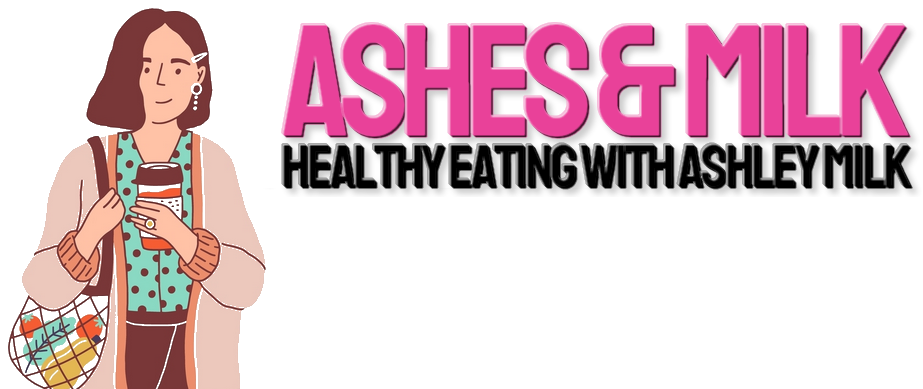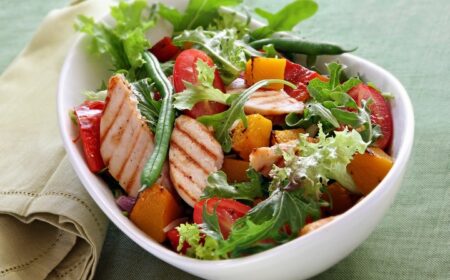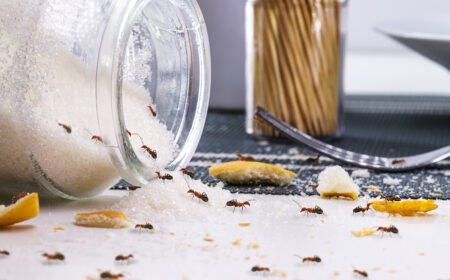Overcoming alcohol addiction is a tough journey that needs a whole-body approach, including both physical and mental support. Nutrition is a big part of this. It helps mend the body and supports overall well-being. Good food choices can help refill lost nutrients, boost mood, and build strength, making recovery more accessible.
Sticking to a diet rich in nutrients can provide a strong base for healing for those on the road to recovery. Each meal is a step towards health, helping people feel better and rebuild their lives.
Let’s look at some of the best foods to include in a recovery-friendly diet.
Addiction Recovery Diet
Addiction treatment centres often include nutritional advice in their recovery programs. Experts at these centres help people create a meal plan focusing on foods supporting recovery and overall health. They teach how different nutrients can impact mood, energy, and resilience.
Treatment centres offer support to help people adopt healthy eating habits, which can help their long-term well-being. Nutritional counselling from addiction specialists provides helpful insights, making maintaining a diet rich in nutrients that encourages successful recovery simpler.
Vegetables
Leafy greens such as spinach, kale, and Swiss chard contain important nutrients that help refresh the body. These greens are high in folate, magnesium, and fibre, aiding energy, mood balance, and digestion. Alcohol use can drain these nutrients, so adding greens can help your body recover.
Eating leafy greens regularly also helps keep the immune system strong, which is important for people recovering from a weakened immune system. You can add these greens to smoothies, salads, or a light stir-fry.
Proteins
Protein is crucial for fixing tissues and keeping the brain healthy, both of which addiction can affect. Foods like lean meats, fish, eggs, and legumes provide good-quality protein that helps rebuild strength and improve mental clarity.
Fish, especially fatty ones like salmon, are rich in omega-3 fatty acids, which benefit brain health. Eating lean protein throughout the day gives you steady energy and helps balance blood sugar levels, which can help keep mood and energy stable during recovery.
Complex Carbohydrates
Whole grains like oats, brown rice, and quinoa provide complex carbohydrates that steady energy. These carbohydrates release glucose slowly, helping avoid sudden spikes and drops in blood sugar that can lead to cravings or mood changes.
Complex carbohydrates are also rich in fibre, which is good for digestion and keeps you feeling full longer. Adding these foods to your diet supports mental and physical strength, making sticking to a balanced and healthy lifestyle easier.
Berries
Berries like strawberries, blueberries, and raspberries are packed with antioxidants, which can help the body detox from alcohol’s harmful effects. These antioxidants work by fighting oxidative stress, a condition that alcohol use can worsen. Eating berries daily can help the liver recover and support the immune system.
You can boost your antioxidant intake by adding berries to your breakfast, enjoying them as a snack, or mixing them into smoothies. Their bright colours also make any meal enjoyable.
Healthy Fats
Healthy fats are important for brain health, especially for those battling addiction. Foods like avocados, nuts, seeds, and olive oil contain healthy fats that help with thinking, mood, and cell repair. Eating these can improve mental clarity and strength, which are key during recovery.
For example, avocados are rich in good fats and can be added to salads and sandwiches or eaten as a snack. Nuts and seeds also provide magnesium, which can help with mood balance and relaxation.
Water-Rich Foods
Keeping yourself hydrated is crucial for recovering. Alcohol dries out your body, affecting how you absorb nutrients and your overall health. Drink water and eat hydrating foods like cucumbers, watermelon, and oranges to help stay hydrated, which makes getting better easier.
Being dehydrated can cause tiredness, headaches, and irritability, slowing down recovery. Foods rich in water can be easily added to meals and are especially refreshing in the summer. They are a simple addition to a well-rounded diet.









